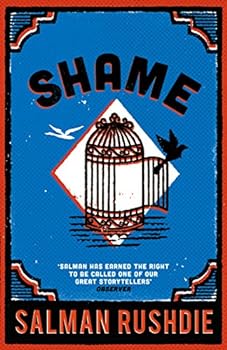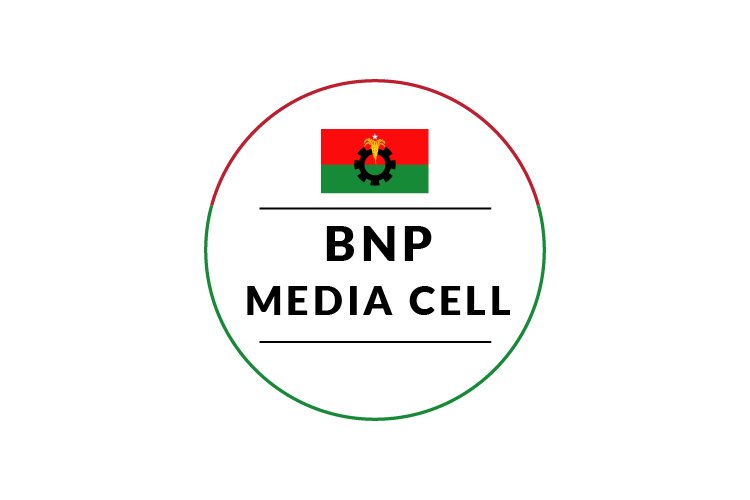In Shame, the 1983 novel on not-quite-Pakistan, Salman Rushdie calls the country Peccavistan. Peccavi in Latin means I have sinned. That was the message Sind’s English conqueror sent back to the John Company after he took the country by ‘deception and rascality’. Pakistan used to be, still is, governed by deception and rascality, hence the name Peccavistan.
When the results of Pakistan’s first general election became known 53 years ago, a western journalist quipped that Pakistan would soon be replaced by Mujibdesh and Bhuttostan. As things stand, we should rename our country East Peccavistan.
At the beginning of the 1970s, with the left fractious and the right discredited for its role in the country’s freedom struggle, Awami League was the only major organised political force in Bangladesh, with Sheikh Mujibur Rahman’s mandate to govern the country accepted almost universally. Yet, by the middle of that decade, the country was formally under a one-party totalitarian regime with Mujib yielding all power, while a famine had killed 30,000 people even by official count.
Nearly five decades on, we seem to have come full circle, if not formally then in substance. Sheikh la file is not constitutionally prime minister for life, nor are opposition parties formally banned. But she is on course to have third Potemkin election. In Mujib’s dictatorship, bureaucrats were expected to join the ruling party. In Hasina’s dictatorship, law enforcement personnels and judges alike act as party apparatchiks to keep 20,000 opposition party members in jail.
At least Mujib had the decency to recognise his regime for what it was. Hasina, on the other hand, runs the country through ‘deception and rascality’. Fifty-two years after Pakistani guns were lowered in Ramna, the fight to end East Peccavistani occupation of Bangladesh continues.
And the occupation will continue until we choose Bangladesh.
Dear reader, the choice is yours, East Peccavistan or Bangladesh?
Jyoti Rahman


